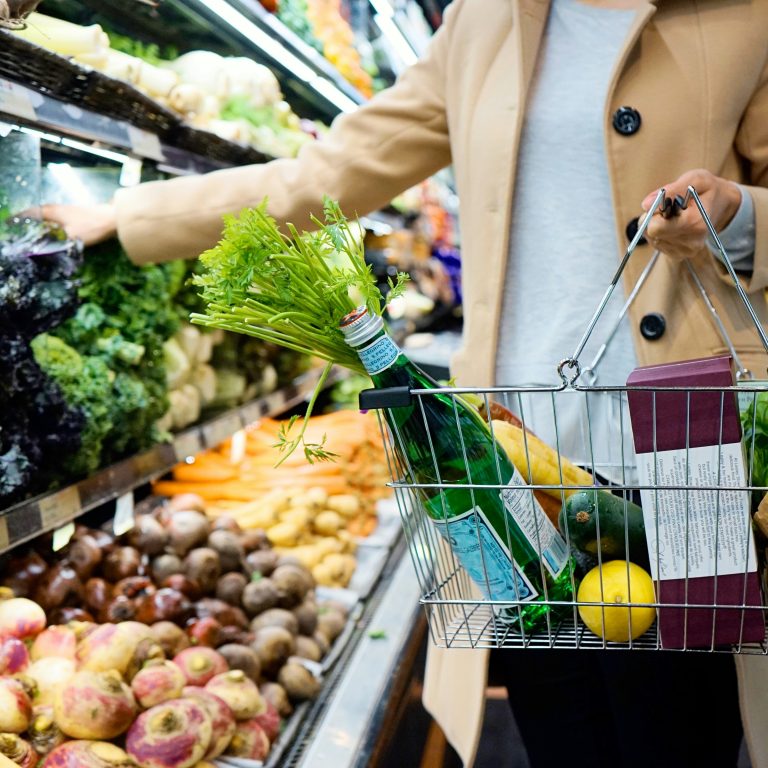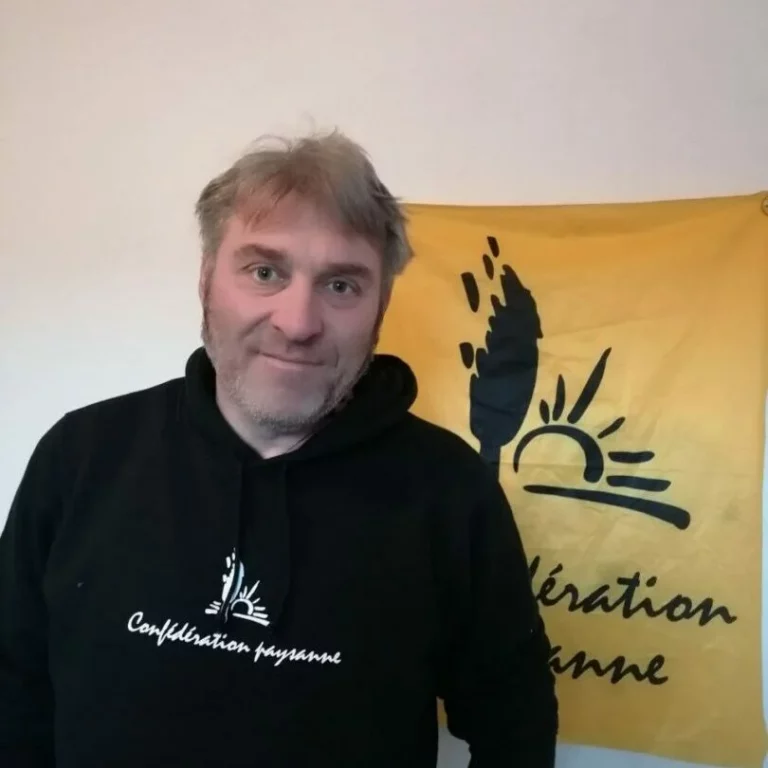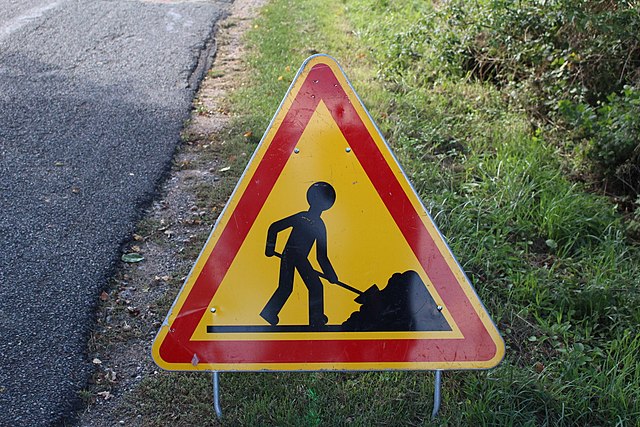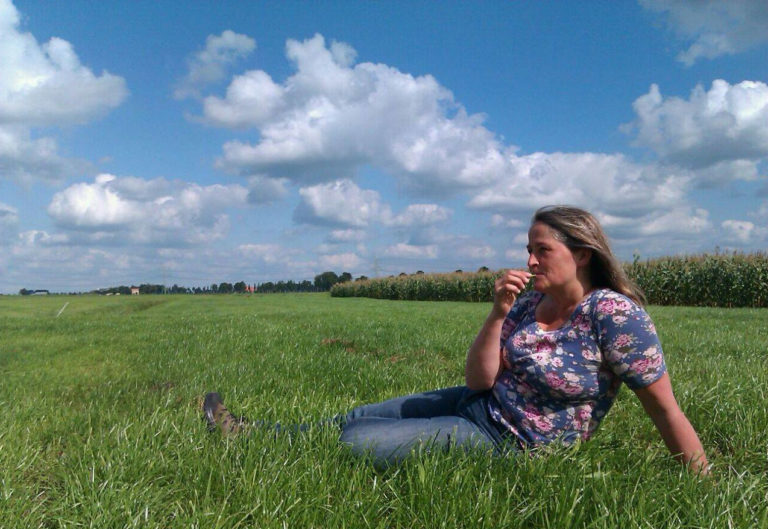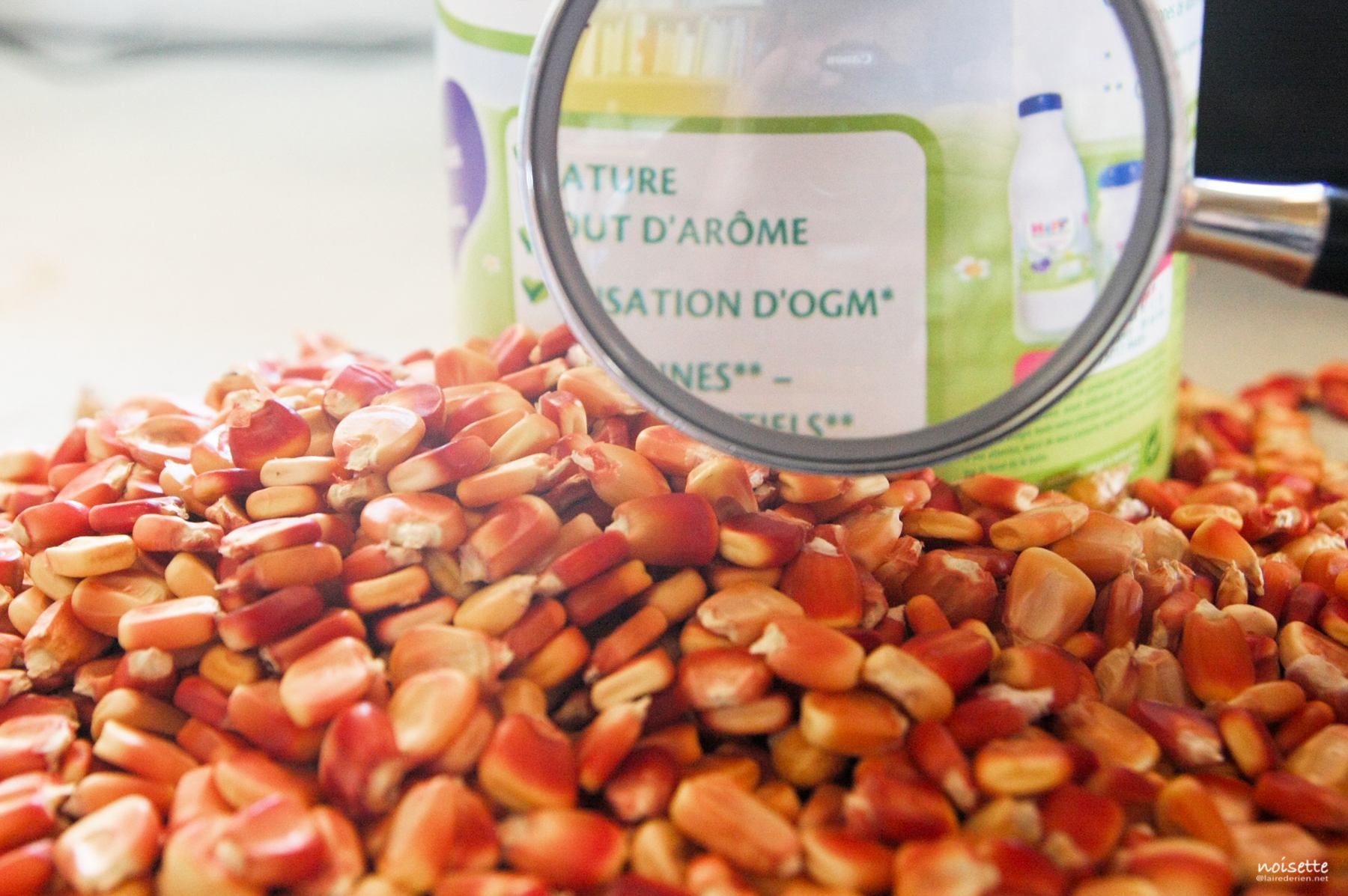Detection and identification of GMOs still demanded
Three groups of French and European organizations have publicly called on political leaders not to abolish labelling and traceability requirements for GMOs produced using new techniques. In their view, maintaining these obligations is the only way to guarantee freedom of choice for farmers and consumers, and to protect the seed and peasant sectors from contamination and attempts by multinationals to take control of living organisms.
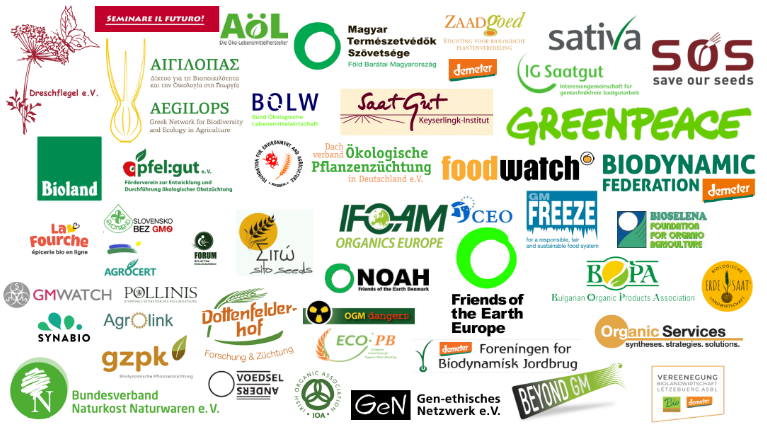
Since the beginning of the year, the European Parliament, the European Commission and the Council of the European Union have been discussing a project to deregulate the release and marketing of most GMOs in Europe. With the current Polish presidency of the Council hoping to bring the round of negotiations to a close at the end of June, a number of organizations have issued statements or written letters to make their voices heard on one particular subject: the traceability of GMOs.
A European farmers’ union considers traceability as “essential“
In a statement published on its website on May 14, 2025i, the European Coordination of La Via Campesina (ECVC) considers that the publication of detection and identification methods for GMOs obtained by new techniques of genetic modification (known as NGT, for “new genomic techniques”) is “absolutely essential to protect farmers and small traditional seed producers from several abuses made possible by the draft NGT Regulation”, as well as to “ensure the right of consumers to information on the quality and origin of the products they buy” and to also ”protect human health and the environment in the event of damage occurring post-marketing and release of these GMOs, which would require the withdrawal of these products“.
These detection and identification methods are, as ECVC points out, the only means of identifying any genetic modifications present in an organism, and therefore “necessary to identify the presence of patented traits resulting from NGTs in seeds, plants and products”. If these methods are published, they are also the only tools available to seed companies, farmers or other operators to defend themselves in the event of illegitimate infringement proceedings. Indeed, ECVC details that, in its view, “without the publication of detection and identification methods, it will be impossible for farmers to prove that they have not used patented seeds, that the traits of their peasant or traditional seeds differ from any patented trait, or that their crops have been contaminated”. What’s at stake? The risk for these farmers of having their crops and products seized in the event of a claim for counterfeiting.
Pointing out that documentary traceability is also important for sectors with labels such as the organic sector, ECVC has formulated four formal demands. For the union, these are:
- « To maintain the provisions of the current GMO legislation on the publication of detection and identification methods »;
- « That the European Commission publishes urgently regulatory protocols for the detection and identification of GMOs obtained with NGTs »;
- « To ensure transparency for farmers and breeders by clearly indicating on the seed label and in the catalogues whether the seeds are obtained by NGTs and/or covered by patents »;
- « To ensure the same transparency for consumers ».
French organizations write to MEPs
By mid-June, 17 French organizationsii and groups sent a letteriii to the French Prime Minister and MEPs, asking them to oppose the text currently under discussion, which, if adopted, would “almost completely deregulate the new GMOs, allowing them to enter our food supply on a massive scale in a totally opaque manner”. This total opacity stems from the fact that the text under discussion could abolish the requirement of “traceability, labelling and identification methods for GMOs, three essential pillars for safeguarding the rights of farmers, agricultural sector operators, distributors and consumers”.
The French organizations consider that the measures imposing GMO traceability and labeling, publication of detection and identification methods, risk assessment, the possibility given to member states to ban the marketing of a given GMO on their territory, post-marketing monitoring and a “traceability system for seeds and products covered by patents” are a response to the questions inherent in the marketing of GMOs. These questions concern, for example, their lack of impacts, of which it is “impossible to prejudge”, and the need for the State to equip itself with the means of traceability enabling a product to be withdrawn in the event of health or environmental problems arising after its release. Another example is patents on plants or the genetic information they contain, which, according to the organizations, entail major risks of “concentration of the seed sector in the hands of a few multinationals who will thus control the entire food chain and privatize living organisms, abusive legal proceedings against small seed companies and farmers, sharp increases in seed prices, negative impacts on food sovereignty…”. The final risk cited was the threat to GMO-excluded sectors such as organic farming, protected designation of origin products, controlled designation of origin of products, geographical indication products and so on.
European organizations speaking with one voice
At the beginning of June, fifty European organizations also published a letteriv making the same demands as ECVC. Defending freedom of choice for European citizens, whether they be consumers, seed growers, operators in the agri-food chain, farmers… these organizations write that “labelling and traceability of NGT-plants and products are essential requirements […] for maintaining transparency, accountability and freedom of choice”.
Like ECVC, the organizations also stress the risks associated with the potential unregulated marketing of GMOs through rules on traceability, labeling, risk assessment, etc. For these organizations, failure to equip themselves with the technical and legal means to trace and label “NGT-GMOs undermines not only the fundamental rights of 450 million EU-citizens, but also the integrity of NGT-GMO-free agriculture”.
i ECVC, « Traceability of GMOs obtained with new genomic techniques: The mandatory publication of detection and identification methods is essential », 14 May 2025.
ii Amis de la Terre Landes, Bio Consom’Acteurs, Collectif Vigilance OGM et Pesticides 16, Confédération Paysanne, Demeter France, Fédération Nature & Progrès, FNAB, Foll’avoine, Foodwatch, France Nature Environnement, Générations Futures, GIET, Mouvement de l’agriculture biodynamique, Natexbio – La Maison de la Bio, Objectif Zéro OGM, Pollinis, Synabio, UFC-Que Choisir.
iii « Lettre ouverte au Gouvernement et aux eurodéputé.e.s – Nouveaux OGM, ne sacrifions pas notre agriculture et notre alimentation », 11 June 2025 (in French).
iv Collectif, « JOINT STATEMENT, Freedom of Choice only possible through labelling and traceability of NGT-GMOs », May 2025.









